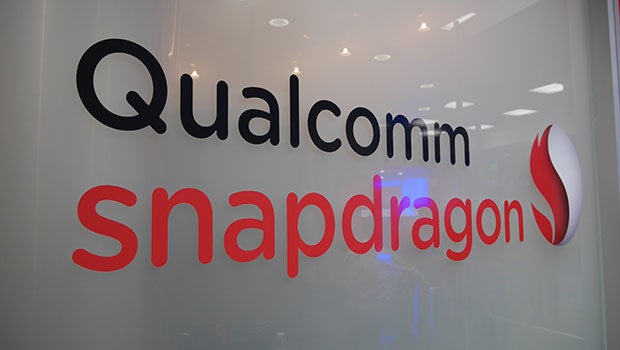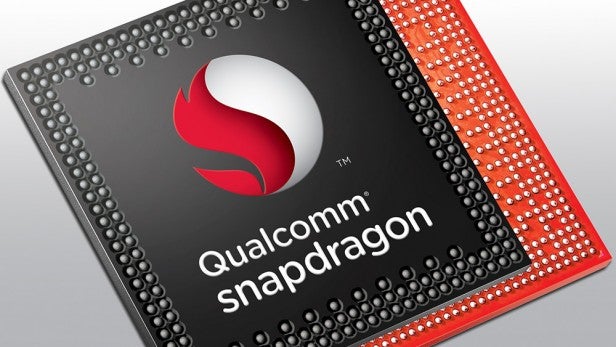Qualcomm in hot water over iPhone and iPad chip bribing allegations

Qualcomm has been sued in the US by the Federal Trade Commission (FTC) for allegedly using anticompetitive tactics in the way it licenses its technology.
The regulator’s suit claims the company essentially bribed Apple to use its products exclusively in return for lower fees, though other instances where the company is said to have abused its dominant position are also listed in the complaint.
Qualcomm has denied the allegations in a written response, where it says it “believes the complaint is based on a flawed legal theory.”
Related: MWC 2017
While the overall way in which the San Diego-based company licenses its products has been highlighted in the complaint, its mobile processors have been identified as particularly significant.
In a statement, the FTC said Qualcomm was attempting to “maintain its monopoly in the supply of a key semiconductor device used in cell phones and other consumer products.”
The competition watchdog says the company used its position as the world’s dominant supplier of baseband processors to “impose onerous and anticompetitive supply and licensing terms on cell phone manufacturers and to weaken competitors”.

In particular, the company is said to have precluded Apple from using baseband processors from Qualcomm’s competitors from 2011 to 2016.
But the company has hit back in its statement, saying the FTC’s “central thesis”, i.e. that Qualcomm withheld processors to gain exclusive licensing agreements, is “wrong”.
As the statement says: “Qualcomm has never withheld or threatened to withhold chip supply in order to obtain agreement to unfair or unreasonable licensing terms.”
The statement also says the complaint is “based on a flawed legal theory, a lack of economic support and significant misconceptions about the mobile technology industry.”
The FTC seeks to “order Qualcomm to cease its anticompetitive conduct and take actions to restore competitive conditions.”
Qualcomm has faced similar legal action in the past, previously paying a $975m (£809m) fine in China as the result of a 14-month long antitrust investigation in 2015.
Last month, the company was fined $853 million by South Korea’s antitrust agency for allegedly violating competition laws.
The firm responded by saying it would appeal the decision, saying: “Qualcomm strongly disagrees with the KFTC’s announced decision.”
WATCH: What’s the no.1 smartphone in the world?
Let us know what you think of the complaint in the comments.

